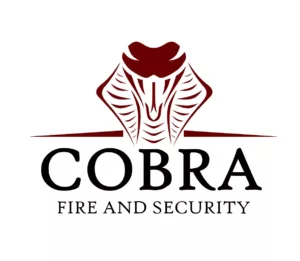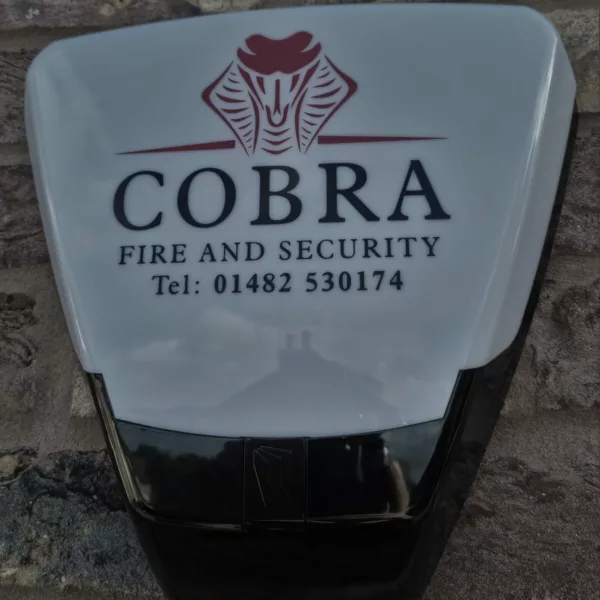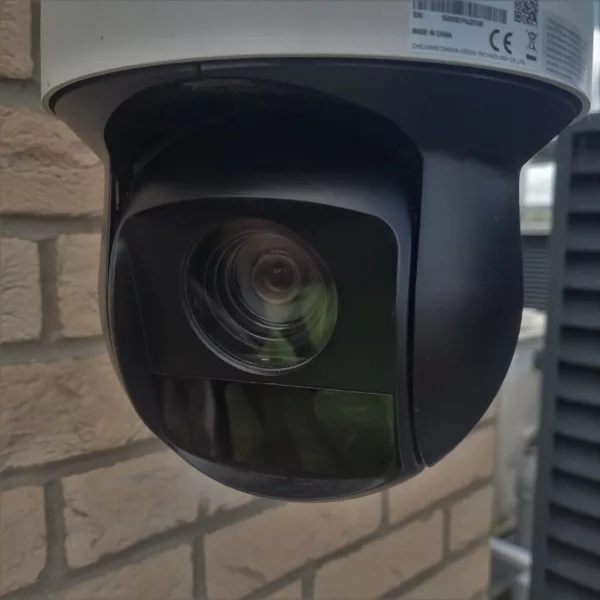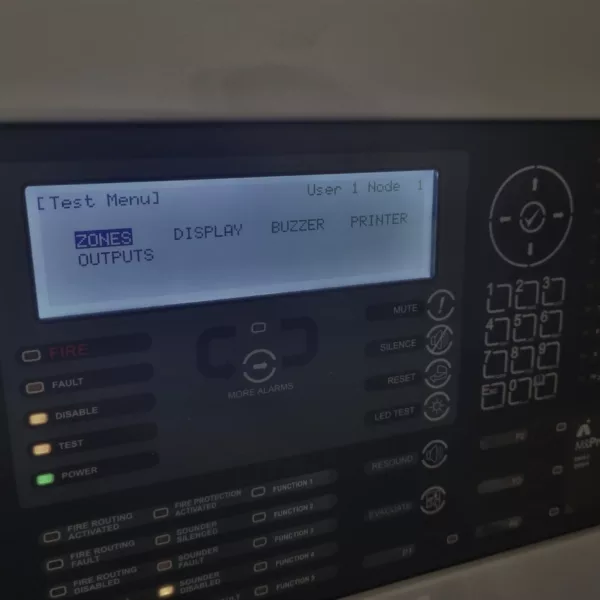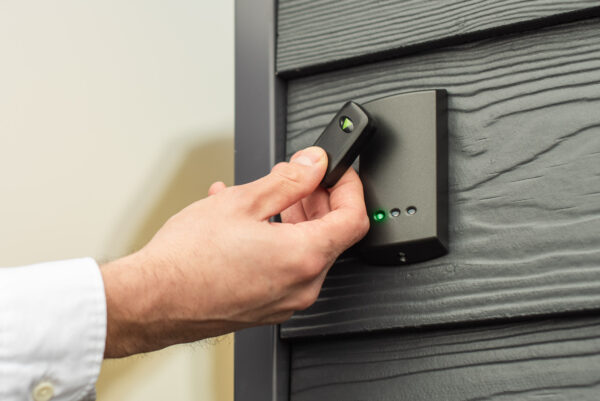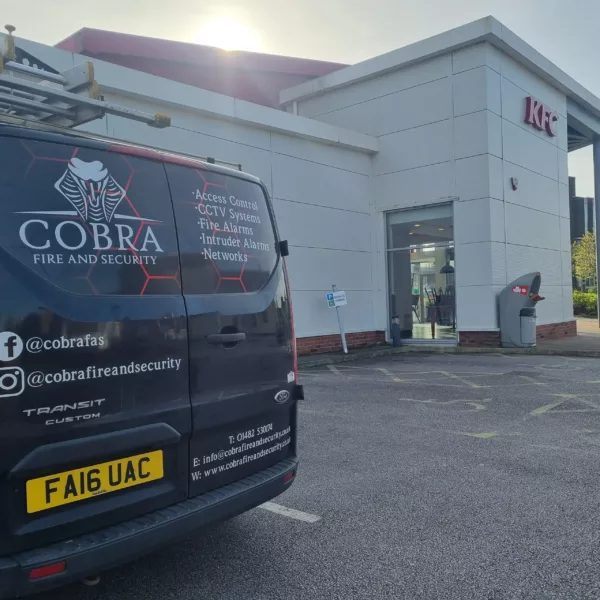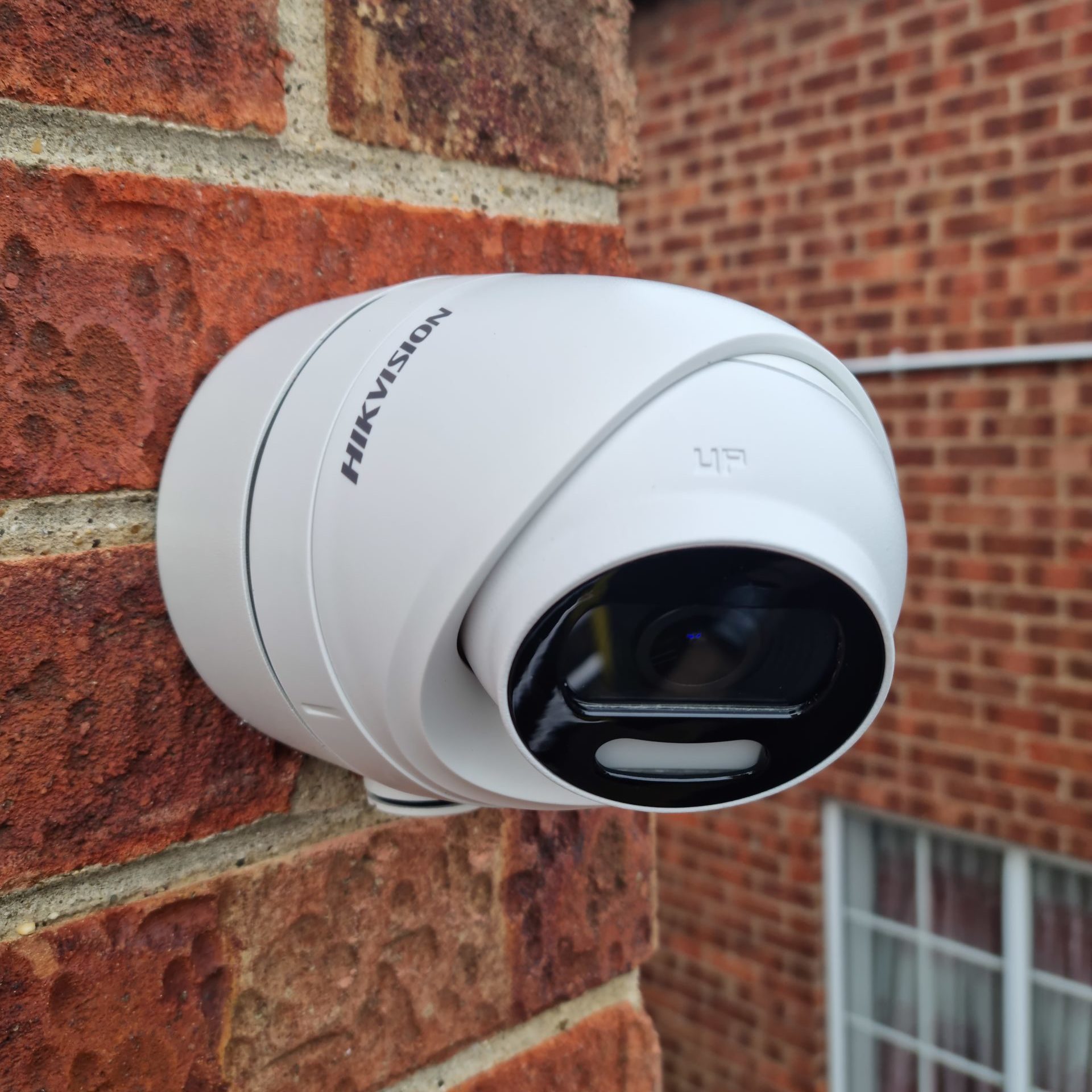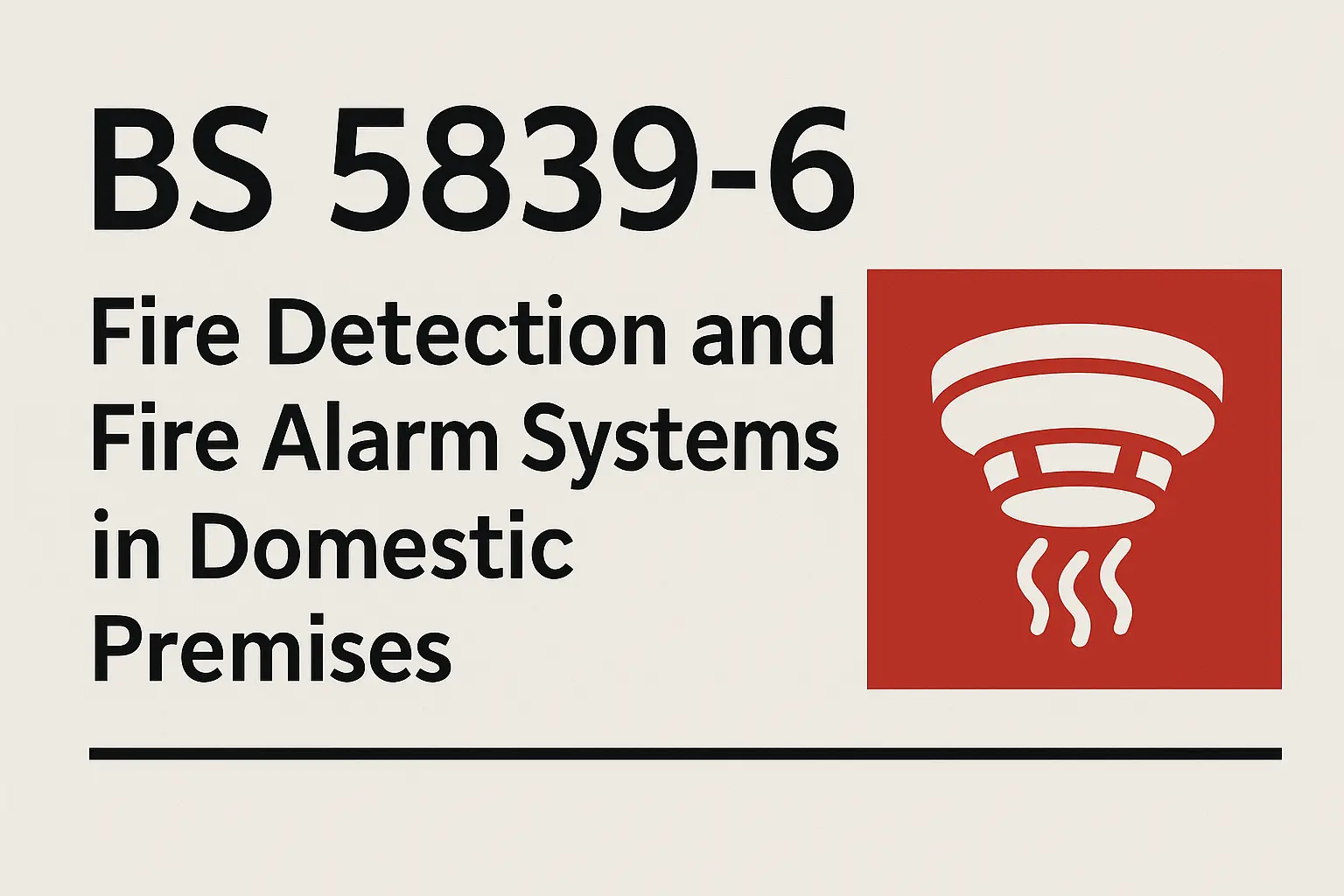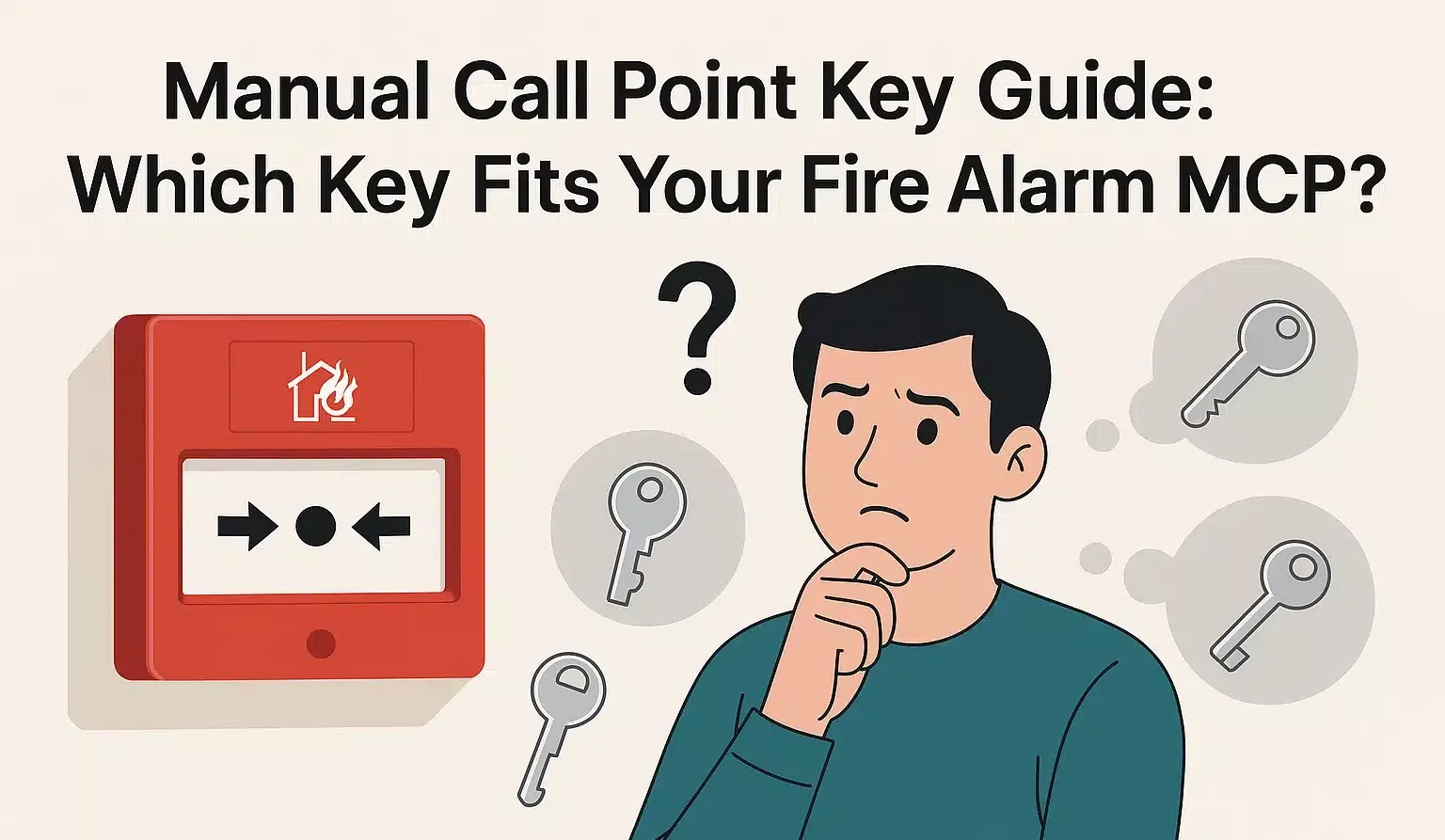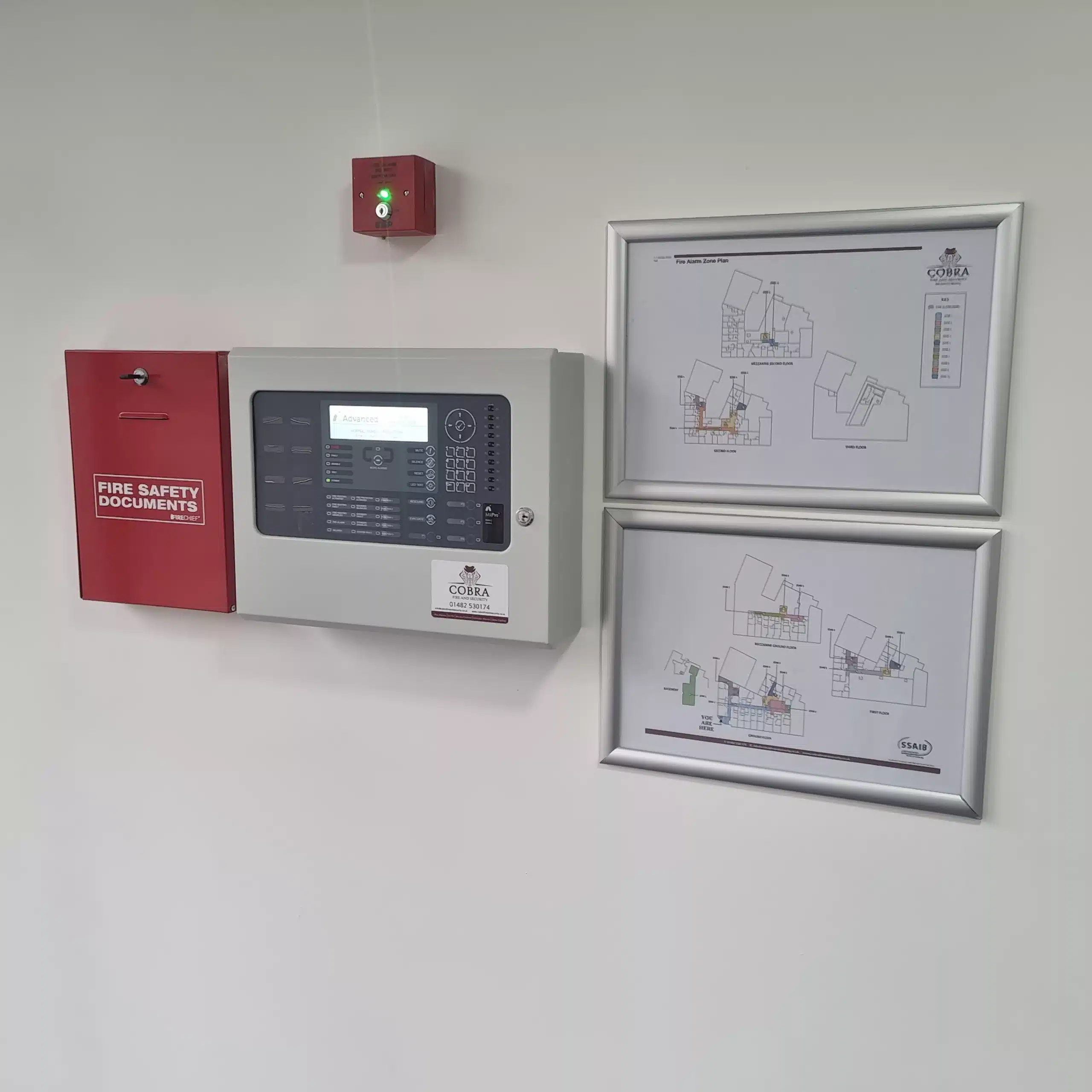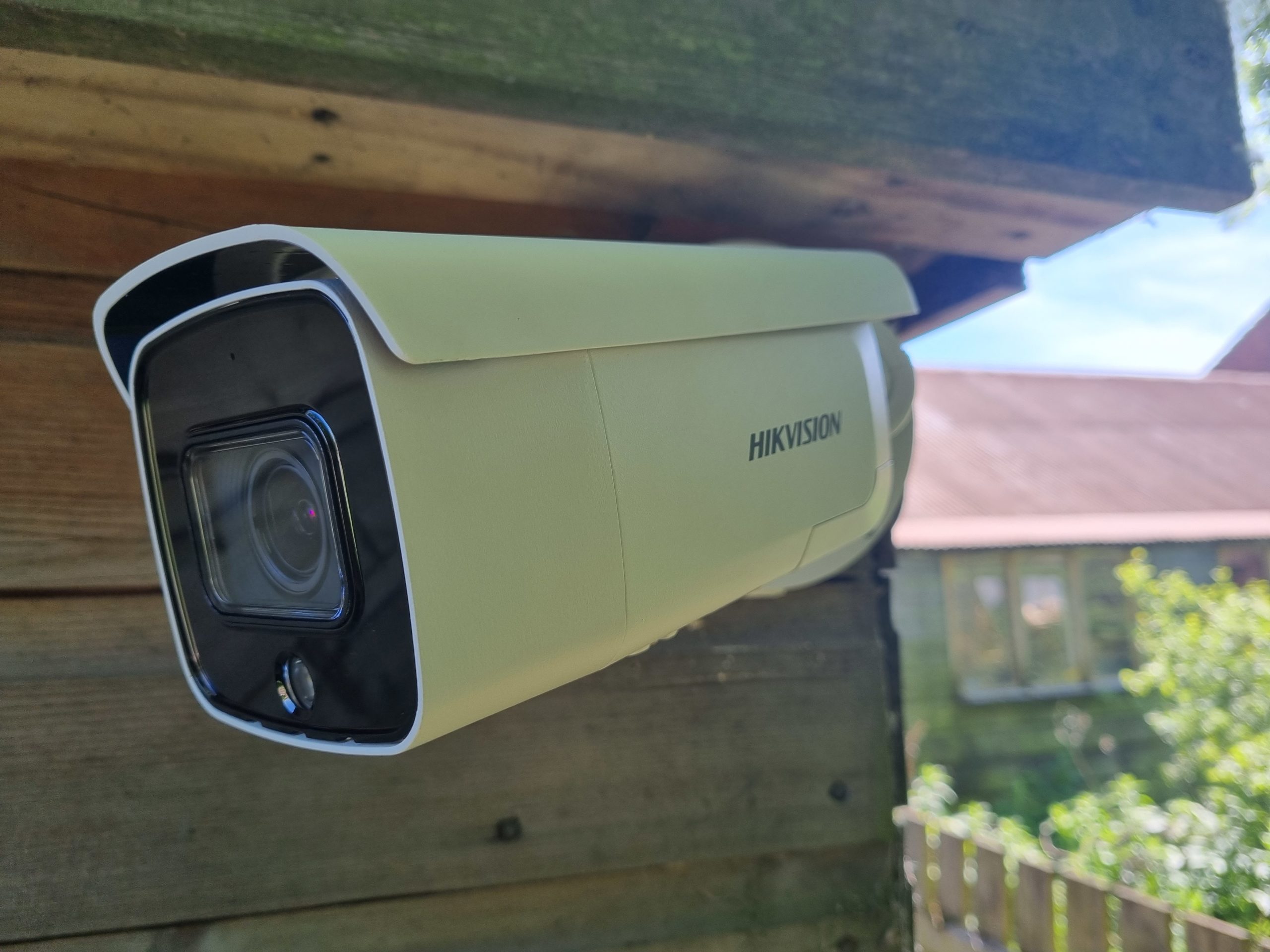
Keeping your CCTV system in peak condition is just as important as the installation itself. Regular maintenance ensures your cameras deliver crystal-clear images, protect your property 24/7, and comply with insurance or legal requirements.
At Cobra Fire & Security, we’ve worked with homes and businesses across Hull, East Yorkshire and beyond, and here are our top 10 CCTV maintenance tips to keep your system reliable and effective.
What are our Top Ten Tips for CCTV Maintenance?
Here are our Top Ten Tips for CCTV Maintenance put together by our own engineers.
1. Clean Camera Lenses Regularly
Dust, spider webs, and rain spots can blur footage. Wipe lenses gently with a microfiber cloth and suitable lens cleaner to maintain sharp, usable video.
2. Check Camera Positions and Angles
Vibrations, weather, or accidental knocks can move cameras. Review live feeds monthly to make sure they still cover entrances, exits, and vulnerable areas.
3. Inspect Cabling and Connections
Loose, frayed, or water-damaged cables can interrupt your CCTV signal. For IP cameras, ensure network cables are intact and connections are secure.
4. Keep Firmware and Software Updated
Manufacturers frequently release updates to improve performance and patch security vulnerabilities. Out-of-date firmware can make your CCTV system a target for cyberattacks.
5. Test Your Recording & Storage
Check your NVR/DVR or cloud service to confirm video is recording correctly and that there’s enough storage available. Set up overwrite rules so you don’t lose critical footage.
6. Review Remote Access & Cybersecurity
Change default passwords, enable two-factor authentication, and regularly test your remote access app. Cyber-secure CCTV is essential as hackers increasingly target connected devices.
7. Trim Vegetation and Clear Obstructions
Trees, bushes, or signage can block a camera’s view. Keep areas clear to maintain an unobstructed field of vision.
8. Test Night Vision and Lighting
Infrared and low-light cameras should be tested at night. Make sure exterior lighting doesn’t cause glare or blind spots.
9. Schedule Professional Inspections
An annual or biannual service from an accredited security company (like Cobra Fire & Security, SSAIB approved) ensures your system is tested properly, meets insurance requirements, and remains compliant.
10. Back Up and Review Footage Policies
Set clear retention policies, back up important footage, and confirm your system complies with GDPR if you’re recording public spaces or employees.
For more in-depth information on CCTV maintenance, including a comprehensive CCTV Maintenance checklist, explore our main CCTV maintenance page. Additionally, discover the importance of routine CCTV maintenance in our insightful blog.
Regular CCTV maintenance is crucial for ensuring the continued effectiveness of your surveillance system. By following these 10 top tips, you can enhance the performance, reliability, and longevity of your CCTV infrastructure, ultimately contributing to a safer and more secure environment.
Why CCTV Maintenance Matters
-
Improved Security – Reliable cameras deter crime and provide evidence when needed.
-
Reduced Downtime – Spotting issues early avoids costly repairs.
-
Legal & Insurance Compliance – Insurers and regulators may require proof of a maintained CCTV system.
-
Peace of Mind – Knowing your property is protected 24/7.
Book CCTV Maintenance in Hull & East Yorkshire
Cobra Fire & Security provides professional CCTV maintenance services for homes and businesses across Hull, Beverley, Goole, Scunthorpe, Grimsby, and the wider Yorkshire region.
Get in touch today to book your CCTV service or request a free quote.
Reviewed: 07/09/2025 Our articles are reviewed regularly. However, any changes made to standards or legislation following the review date will not have been considered. Please note that we provide abridged, easy-to-understand guidance. To make detailed decisions about your fire safety provisions, you might require further advice or need to consult the full standards and legislation.
Share this article
Written by : Michael Winter
Follow us
A quick overview of the topics covered in this article.
Latest articles
December 9, 2025
December 9, 2025
December 9, 2025
